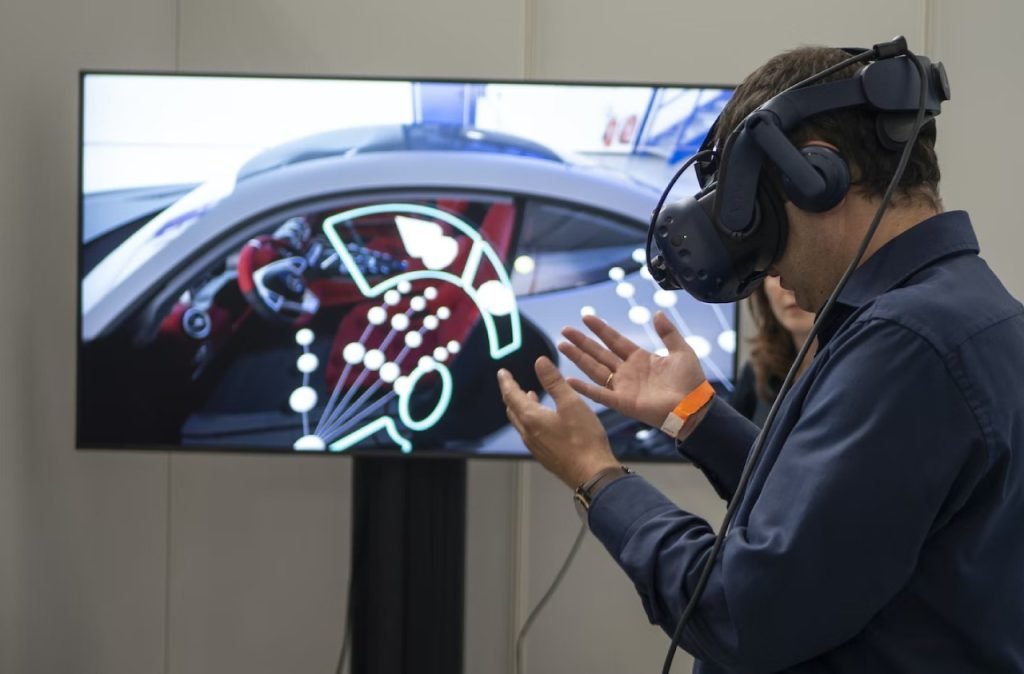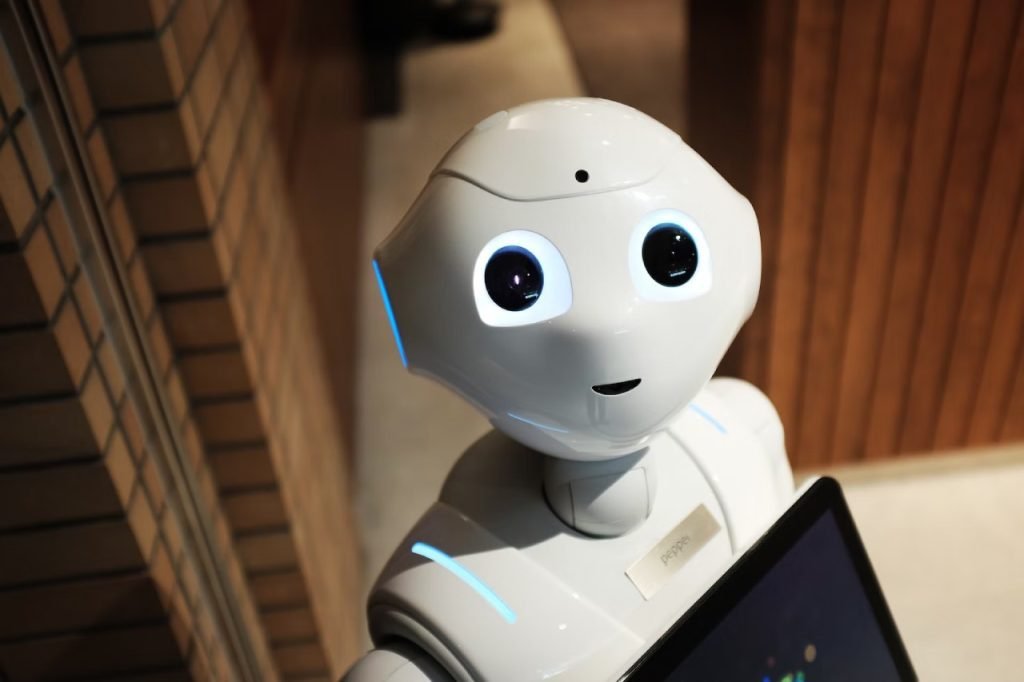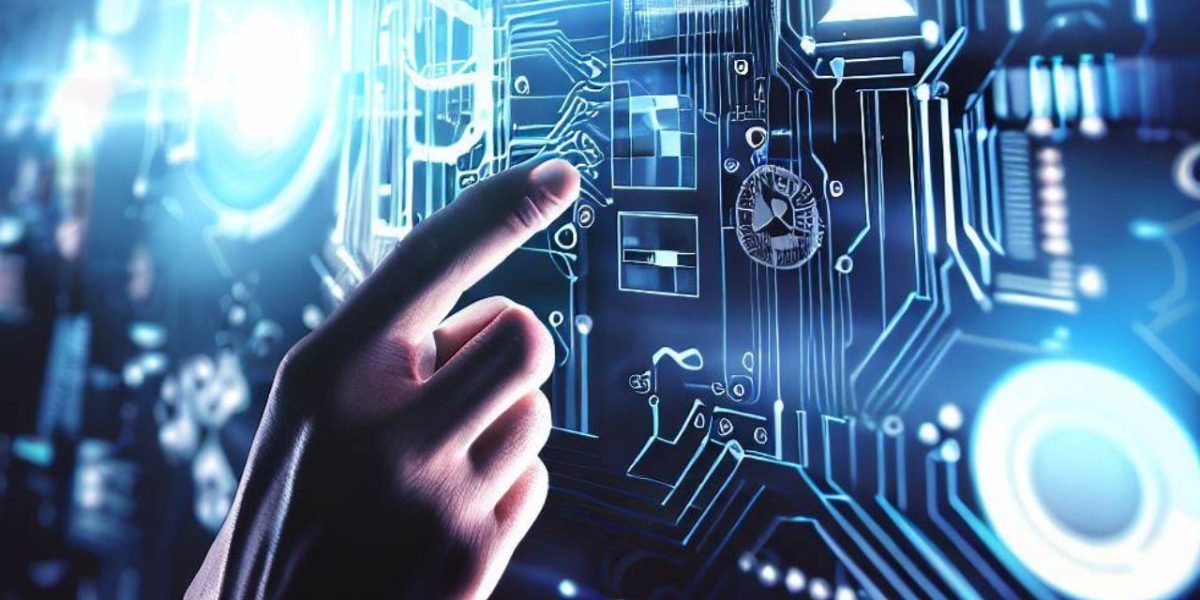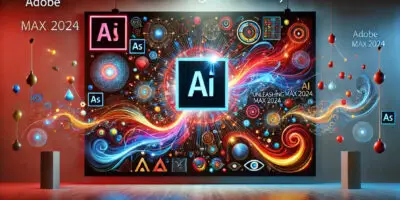Technology is constantly evolving, and every year brings new innovations that change the way we live, work, and interact with the world around us. With 2023 well underway, it’s time to take a look at the top 10 tech trends that will revolutionize the way we experience life in the years to come.
Artificial Intelligence (AI) and Machine Learning (ML)
Artificial intelligence and machine learning are already transforming many industries, from healthcare to finance to retail. In 2023, we can expect to see even more advances in AI and ML, including more personalized recommendations and smarter automation.
AI-powered chatbots are already being used by many businesses to improve customer service, and this trend is expected to continue. AI will also play a bigger role in personalized healthcare, from diagnosing diseases to developing personalized treatments based on an individual’s genetic profile.
Another area where AI and ML are expected to make significant advancements is in the field of autonomous vehicles. With more self-driving cars hitting the road, we can expect to see safer, more efficient transportation in the years to come.
Virtual and Augmented Reality (VR/AR)
Virtual and augmented reality are becoming increasingly popular in gaming and entertainment, but they have many practical applications as well. In the coming years, we can expect to see more immersive VR/AR experiences in areas like education, training, and healthcare.
For example, VR technology is already being used to train surgeons, allowing them to practice complex procedures in a safe, simulated environment. AR technology can also be used to improve worker productivity in industries like manufacturing, by providing workers with real-time instructions and visual aids.

5G Networks
5G networks are the next generation of mobile connectivity, offering faster speeds and lower latency than ever before. In 2023, we can expect to see more widespread adoption of 5G technology, leading to new innovations in areas like smart cities, autonomous vehicles, and remote work.
With 5G networks, we can expect to see faster and more reliable connections, making it easier to work from anywhere and collaborate with colleagues around the world. 5G will also pave the way for new innovations in areas like augmented reality, enabling more immersive experiences and new ways of interacting with the world around us.
Internet of Things (IoT)
The Internet of Things (IoT) refers to the network of connected devices and appliances that are capable of communicating with each other. In the years to come, we can expect to see more IoT devices in our homes, offices, and public spaces, leading to greater efficiency and automation.
For example, smart homes equipped with IoT devices can automatically adjust the temperature, lighting, and security systems based on the occupants’ preferences and habits. In offices, IoT sensors can be used to monitor energy usage and optimize building systems for maximum efficiency.
Blockchain
Blockchain technology is best known for its use in cryptocurrencies like Bitcoin, but it has many other applications as well. In the coming years, we can expect to see more industries adopt blockchain for things like Web3 gaming, supply chain management, identity verification, and secure data sharing.
One area where blockchain is already being used is in the art world, where it is being used to verify the authenticity of artwork and protect against forgeries. In healthcare, blockchain can be used to securely store and share medical records, giving patients more control over their data and ensuring that their sensitive information remains private.
Quantum Computing
Quantum computing is a type of computing that uses quantum-mechanical phenomena to perform calculations. While still in its early stages, quantum computing has the potential to revolutionize industries from finance to healthcare to transportation.
Quantum computing can solve problems that are beyond the capabilities of traditional computers, which makes it ideal for industries that deal with large amounts of data. For example, quantum computing can help financial institutions to quickly analyze vast amounts of financial data, allowing them to make better decisions.
In healthcare, quantum computing can help to analyze complex medical data sets, leading to more accurate diagnoses and personalized treatments. Quantum computing can also play a role in developing more efficient transportation systems, from optimizing traffic flow to predicting maintenance needs for vehicles.

Edge Computing
Edge computing is a distributed computing model that brings processing power closer to where data is generated, reducing latency and improving efficiency. In the coming years, we can expect to see more widespread adoption of edge computing in industries like healthcare, manufacturing, and transportation.
Edge computing can improve the efficiency of healthcare systems by processing patient data closer to the point of care, reducing the time it takes to make diagnoses and develop treatment plans. In manufacturing, edge computing can be used to monitor and optimize production processes in real-time, reducing downtime and improving product quality.
Cybersecurity
As more devices become connected to the internet, the need for cybersecurity becomes increasingly important. In the coming years, we can expect to see more investment in cybersecurity, as well as the development of new technologies to protect against cyber threats.
One area where cybersecurity is already playing a role is in the development of smart cities. As cities become more connected, they become more vulnerable to cyber attacks. By investing in cybersecurity measures, cities can protect against attacks and ensure the safety and security of their citizens.
Renewable Energy
Renewable energy sources like solar and wind power are becoming increasingly popular as concerns about climate change grow. In the coming years, we can expect to see more investment in renewable energy technologies, as well as new innovations that make these technologies more efficient and cost-effective.
For example, advancements in battery technology are making it possible to store renewable energy more efficiently, allowing for a more reliable and consistent supply of power. In addition, new materials and designs are making solar panels and wind turbines more efficient, reducing the cost of renewable energy and making it more accessible to people around the world.

Biotechnology
Biotechnology is the use of living organisms and systems to develop new products and technologies. In the coming years, we can expect to see more investment in biotechnology, leading to new innovations in areas like healthcare, agriculture, and environmental sustainability.
In healthcare, biotechnology can be used to develop new treatments for diseases and disorders, including gene therapies that target specific genetic mutations. In agriculture, biotechnology can be used to develop crops that are more resistant to pests and environmental stressors, leading to more efficient and sustainable food production.
Conclusion
In conclusion, these are just a few of the many tech trends that will shape our world in the years to come. Whether it’s AI and machine learning, 5G networks, or renewable energy, these technologies will change the way we live, work, and interact with the world around us. As we look to the future, it’s important to embrace these changes and work together to create a better, more connected, and more sustainable world.











